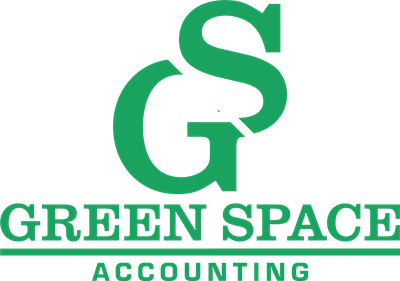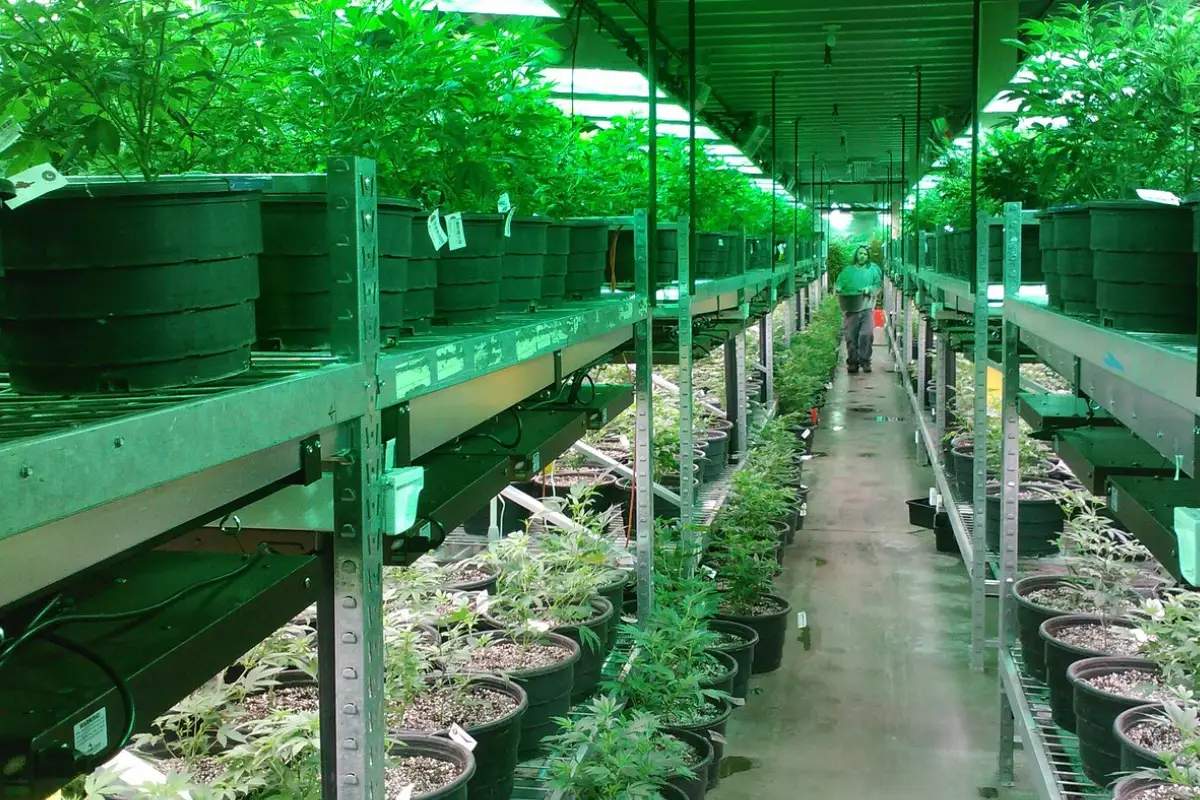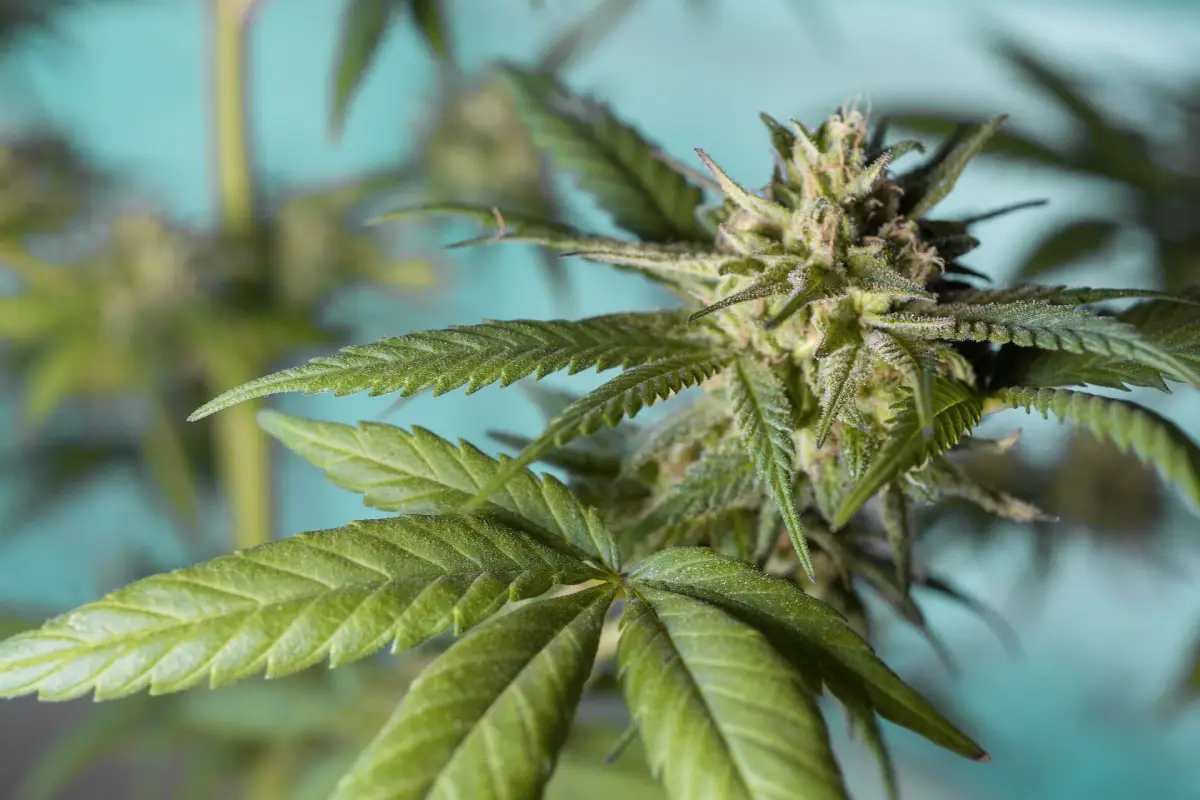Cannabis tax revenue is becoming a hot topic across the United States. With more and more states legalizing cannabis for either medical or recreational use, it’s essential to understand where that money goes.
This article will catch you up on cannabis tax revenue by state, which taxes are collected, and where that revenue goes. Keep reading to learn more.
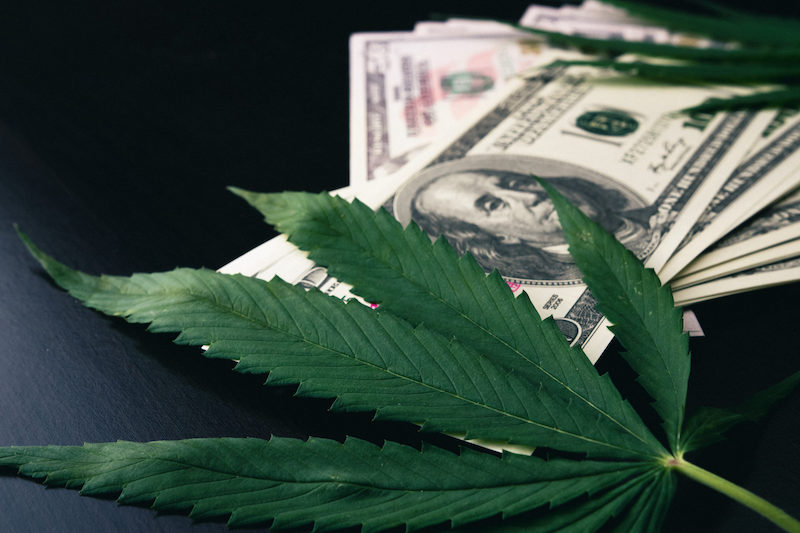
Adult-Use vs Medical Tax Revenue
The taxes revenue procedures vary from state. There are two main types of cannabis markets in the United States: medical and recreational. In medical marijuana states, only patients with a valid medical card can purchase cannabis products. In contrast, recreational marijuana states allow anyone over 21 to purchase and use cannabis products.
Sales Tax
Sales tax is collected on cannabis sales in states that have legalized recreational marijuana. Some states operate a percentage of price sales tax, while others use a weight-based system similar to cigarettes. Illinois is the only state that charges rates based on THC potency.
Cultivation Tax
This tax is applied during the cultivation phase of cannabis production. The tax rate varies by state, but it’s typically a fixed amount per ounce. The cultivation tax is applied to all harvested cannabis entering the legal market.
Excise Tax
The excise tax is a special type of tax applied to specific products or activities. In the cannabis industry, the excise tax is applied to cannabis products sold for recreational use. The tax rate varies by state, but it’s typically around 15%.
Cannabis Tax Revenue by State
California
California is one of the most progressive states when it comes to cannabis laws. The state has legalized recreational marijuana, and there is no sales tax on medical marijuana products.
California collected over $1 billion in tax from marijuana sales in 2020. Local law requires that cannabis tax revenue goes to youth and prevention programs, remediation, research, and part of the general fund goes to the police.
Colorado
To buy recreational cannabis in Colorado, you must be at least 21 years old and present valid government-issued identification. You must be at least 18 if you want to apply for a medical marijuana card.
Colorado collected $387 million in tax. 90% of this money is sent to the state government. Of this 90%, 15.56% of that goes to their general fund, 12.59% goes to the state public school fund, and 71.85% goes to the marijuana tax cash fund. The remaining 10% is sent to local governments.
Massachusetts
Individuals over the age of 21 can legally purchase and use recreational cannabis/marijuana in Massachusetts. People do not need to be a resident of Massachusetts to purchase marijuana. Still, they will be required to show a government-issued ID.
Massachusetts collected $81 million in tax. Sales tax is distributed to the general fund, the School Building Authority, and the Massachusetts Bay Transportation Authority. The excise tax support programs like the Alcoholism Administration and the Cannabis Control Commission.
Nevada
With the vivid nightlife in Las Vegas, the Nevada market is quickly growing. A person who is 21 years old or older may possess up to one ounce of marijuana or 1/8 ounce of cannabis concentrate.
Nevada collected $105 million tax. The retail tax is sent to the state rainy day fund. The wholesale tax is split between the rainy day fund and cover expenses.
How Does Tax Revenue Affect Different Cannabis Products?
Delta-8
Delta-8 THC comes from the hemp plant and does not contain more than .3% THC, so it is not subject to the tax laws as high THC cannabis. However, the DOJ has classed Delta 8 as a controlled substance. This means deductibles can only be claimed for Delta-8 products for inventory costs.
CBD and Hemp-Based products
Hemp-based products are not subject to state excise tax in any state. The only taxes that may apply are the sales and cultivation taxes.
Final Thoughts
A deeper understanding of taxes, finances, and accounting increases your chances of having a successful and profitable cannabis business. If you’re just getting into the industry, contact us today for a free 30-minute consultation to discuss your business’s accounting, bookkeeping, and financial procedures.
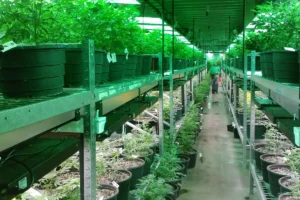
Cannabis Real Estate Financing: Securing The Right Property For Your Business
Cannabis real estate financing can seem daunting if you haven’t dealt with it before. However, conducting the right protocols for getting proper real estate financing

Maryland Accounting Services For Cannabis Businesses
Cannabis businesses are always in need of Maryland accounting services, but what should they look for in an accountant? Many are around the Maryland area
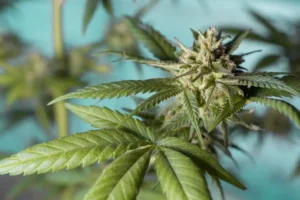
Cannabis CPA Near Me: Finding The Right Accountant For Your Cannabis Business
Finding the right CPA is about knowing what to look for. There are dozens around Maryland, and it can be challenging to choose the best
How The Best Cannabis Tax Filing Experts Help Cannabis Businesses Grow
Cannabis businesses can succeed and grow with the right tax help. Tax filing experts are great for getting companies to prepare for tax season, file

Cannabis Business Finances: A Guide To Budgeting Setting And Forecasting
Mastering budgeting setting and forecasting for your cannabis business can allow you to stay prepared for oncoming regulatory fees or other unexpected finances. Cannabis businesses
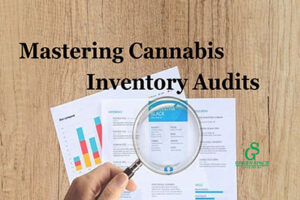
Mastering Cannabis Inventory Audits: A Step-By-Step Approach
A cannabis inventory audit can grow your operations by preventing losses from theft or mismanagement, streamlining the inventory process by identifying obsolete stock, and much
